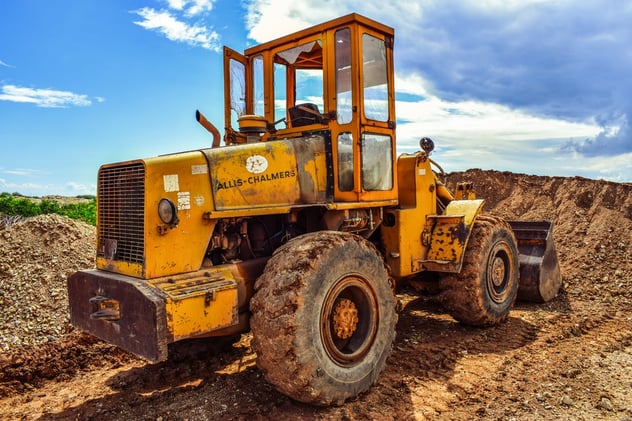
Soil compaction testing is just one area of Shield Engineering’s soil engineering specialty. Our professionals test, consult on, and plan for, soil compaction as it relates to construction projects, civil structures, and more. Soil compaction goes hand in hand with the other types of geotechnical soil testing that Shield does: strength, stiffness, permeability, etc. Soil is a complicated substance, the properties of which are sometimes difficult to measure, and understanding the challenges it presents over time takes experience.
Here are five things Shield’s engineers want you to know about soil compaction.
- Soil compaction is a construction process for which the discipline of geotechnical engineering provides quality assurance testing.
Shield’s geotechnical engineers are well-versed in the intricacies of both soil compaction and soil consolidation. Soil compaction is the mechanical densification of soil, and soil consolidation is the densification of soil due to overlying added fill or foundation loads. Factors such as water, air, and initial density all play a role in the overall rate and impact of these processes. Geotechnical engineers are often called upon to assess the viability of existing soil formations for building projects and the shrink-swell capacity of the soil itself, among many other issues such as groundwater. Note that inadequate soil compaction can lead to breaks in pipes and then to potentially large erosion problems such as the big “sinkholes” we’ve seen in the news. - Soil compaction testing is part of an overall CMT plan.
Construction Materials Testing (CMT) is a process that is intended to minimize construction surprises and provides information useful for making project-wide earthwork, structural, and utility construction decisions. Shield offers a variety of CMT services, and some of the most frequently requested – particularly here in Charlotte – pertain to soil. Soil density testing, compaction testing, and consultation on soil liners are services we are proud to excel at. - Soil type varies dramatically by region and site location.
The initial density of a specific soil type determines the adequate level of soil compaction needed for safe building. Which attributes of soil are variable? Grain size, grain distribution, grain shape, amount of clay minerals, and initial moisture content can all change from site-to-site. In the southeast, soil density is particularly hard to predict from location to location. Generally, soil type is related to the parent bedrock of residual soils, and to the depositional environment of sedimentary soils. - Soil compaction tests take place on-site and in the lab.
Although preliminary site testing can be performed on a variety of soils, more thorough laboratory testing is typically recommended as best-practice, and sometimes required by regulatory bodies. Proctor compaction tests are the most commonly-used lab-based methods, including techniques that run the gamut from static to impact to vibration testing, among others. - Compaction testing achieves many different purposes.
As a first-step in construction, soil testing (quite literally) serves as the base foundation for a building project. Understanding the behavioral characteristics of a specific soil sample helps determine shear strength, compressibility, permeability, and water absorption. These characteristics serve as engineering guidelines for the overall design and construction of buildings, bridges, dams, and other structures.
Shield Engineering’s geotechnical engineers consult on soil compaction issues throughout the southeast. From on-site testing to laboratory assessments, our in-house services provide an end-to-end solution for even the most complex construction projects.
Ready to find out more about soil compaction services offered by Shield Engineering?
Reach out to our team today to get started.


